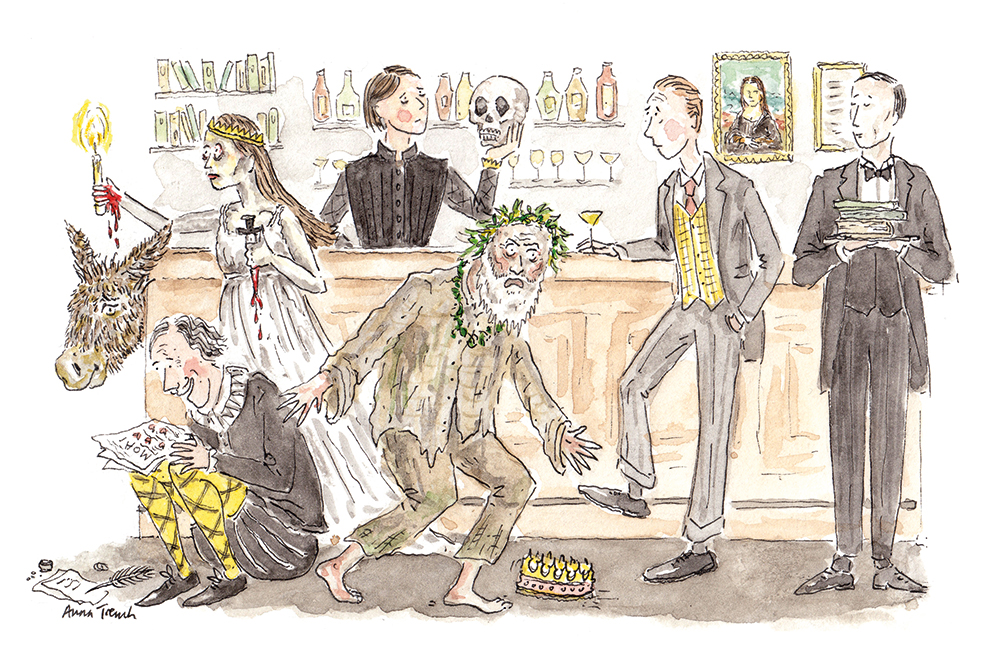When T.S. Eliot published ‘The Waste Land’ in 1922, it was seen as a masterpiece of modernism. It was, but it was also a work steeped in cultural tradition. This was made apparent in the ‘Notes on The Waste Land’ with which Eliot supplemented his poem. In them, he glossed its literary echoes – the Upanishads, Dante, Chaucer, Mallory, Shakespeare, etc.
Another master of the modern who came to his greatest flourishing between the world wars was P.G. Wodehouse. Though seven years older than Eliot, Wodehouse first achieved real fame at much the same time, after the publication of The Inimitable Jeeves in 1923. Like Eliot’s, his work’s modernity, making such innovative use of the main literary traditions of the West, would have been unimaginable in the 19th century. But Wodehouse produced no ‘Notes on Jeeves’, or on any of his oeuvre, to guide the potentially perplexed reader. Had he done so, he would have risked over-explaining, thus killing his main intended effect, which was to make people laugh.
Being funny requires artistry. It is a demanding craft now practised by a skilled few, like dry stonewalling
For this reason, there is a strong case for maintaining a Wodehousian silence about the Master’s references; but I have decided that two arguments point the other way.
The first is that many of his cultural allusions, wholly familiar to the English middle classes, especially English public schoolboys, from the 19th century to the 1980s, are now forgotten. They need rescuing, or rather, for scholars have ploughed this furrow, re-rescuing.
The second is that, in the 21st century, the word ‘comedy’ tends to mean a left-wing person standing up to swear and shout against fossil fuels, Boris Johnson, ‘homophobia’ and so on. In the 20th century, by contrast, comedy involved being funny. That art now requires elucidation before it is, as Wodehouse might have put it, ‘one with Nineveh and Tyre, and spats’.








Comments
Join the debate for just £1 a month
Be part of the conversation with other Spectator readers by getting your first three months for £3.
UNLOCK ACCESS Just £1 a monthAlready a subscriber? Log in